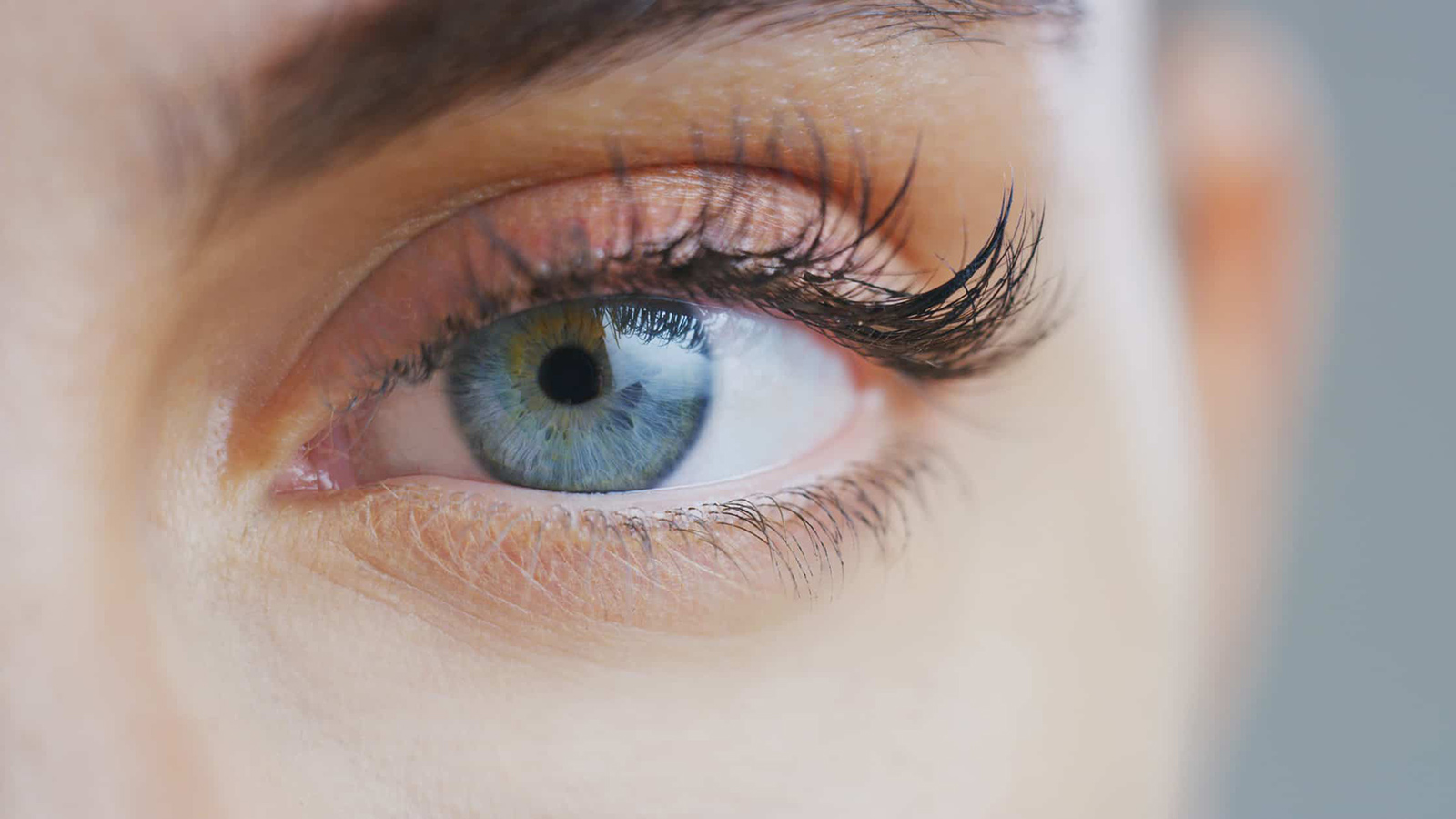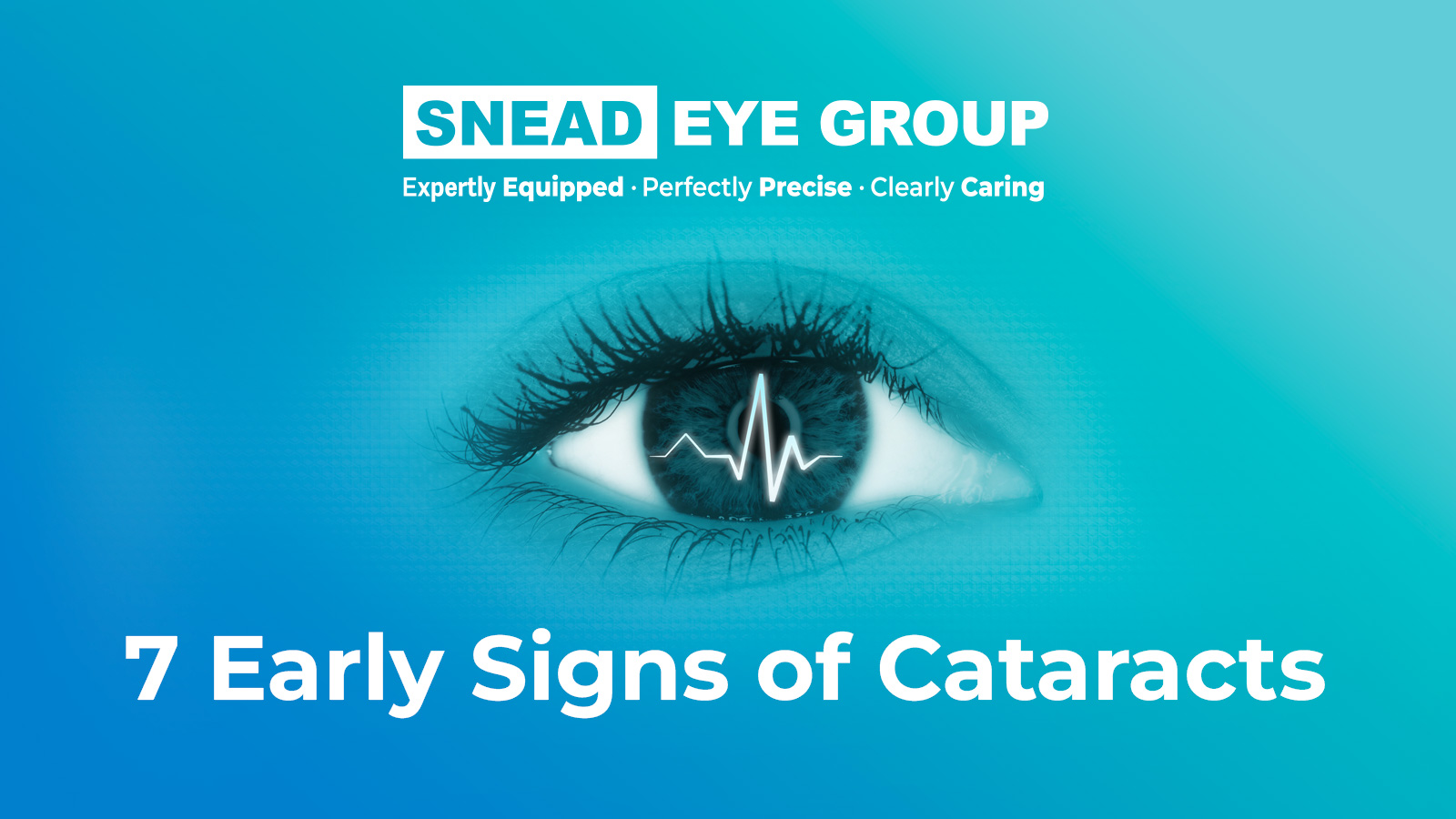Do You Need Glasses After Cataract Surgery?
You may be considering cataract surgery if your vision has become cloudy. This is the only way to eliminate cataracts, as the condition doesn’t reverse on its own. But do you need glasses after cataract surgery, and how much will the procedure clear your vision?
Cataract eye surgery has advanced significantly in recent years. Instead of the more invasive and time-consuming procedures of the past, modern FDA-approved laser cataract surgery is fast, precise and highly effective. Your ophthalmologist can now replace your clouded lens in about 10 minutes with no hospital stay required. Most patients enjoy a straightforward recovery and notice improved vision soon afterward.
One of the most common questions patients ask is: Will I still need glasses after cataract surgery? The answer depends on the type of intraocular lens (IOL) that you and your doctor select.
How Your IOL Affects Your Need for Glasses After Cataract Surgery
Cataract surgery doesn’t just restore clarity by removing the cloudy lens; it also provides an opportunity to correct existing vision issues, such as nearsightedness, farsightedness and astigmatism. With the right IOL, many patients can significantly reduce, or even eliminate, their need for glasses after cataract surgery.
However, there are many types of IOLs. So it’s vital to learn the differences between your standard and premium lens choices and consult with your eye doctor to discover which IOL is best for your personal health and vision goals.
Types of Intraocular Lenses
Your choice of lens plays a major role in how well you’ll see after the procedure, including whether or not you’ll still need glasses after cataract surgery. While all IOLs improve vision, some offer greater freedom from glasses than others and can help improve your quality of life. Here’s a breakdown of each lens type:
- Standard Monofocal Lenses: These lenses provide clean vision at one fixed distance, usually for seeing far away. Monofocal lenses typically require you to still wear glasses after cataract surgery for near and intermediate vision. This includes activities like reading, using your phone and working on a computer or tablet. You may also still need glasses at all distances if you have astigmatism, a common condition where the eye is cone-shaped instead of round.
- Toric Lenses: These premium IOLs are designed to correct astigmatism. They improve distance vision and reduce glare, especially at night. This factor allows you to decrease your dependence on glasses while driving. However, you may still need glasses for close-up work, such as reading or sewing.
- Multifocal Lenses: This type of premium IOL offers clear vision at multiple distances – near, mid-range and far. Many patients who choose multifocal IOLs find they no longer need glasses for most activities. Therefore, Multifocal lenses are a great choice for active individuals who want to reduce their dependence on glasses after cataract surgery.
- Vivity Lenses: Patients who opt for these “Extended Range of Vision” premium IOLs will benefit from a continuous range of vision from distance to intermediate. There are also some near-vision benefits, as well. Vivity lenses are superior to standard Monofocal lenses and are an enticing alternative for patients who aren’t good candidates for multifocal lenses due to conditions such as glaucoma or macular degeneration. You may still need reading glasses after cataract surgery to read fine print or very close-up tasks, but most people experience excellent functional vision.
- Light-Adjustable Lenses: These innovative premium lenses offer the most personalized outcome available today. Unlike fixed-prescription lenses, Light-Adjustable lenses can be fine-tuned after your eyes have healed using a series of light treatments. This allows your eye doctor to adjust your vision based on how your eyes respond in the real world. These IOLs are especially beneficial for patients with astigmatism, and they provide the best possible chance of 20/20 vision without glasses after cataract surgery.
Why Premium Lenses Are Worth It
So, do you still need glasses after cataract surgery? Ultimately, it depends on the type of lens you choose. Going with a premium IOL will reduce your dependence on glasses compared to a standard lens. Patients who select premium lenses, such as Multifocal, Vivity or Light-Adjustable Lenses often enjoy more freedom, and some patients find they no longer need glasses at all.
If your goal is to minimize or eliminate your need for glasses after cataract surgery, premium options are worth the investment. The best way to get a personalized answer with your specific eye health in mind is to speak with an eye doctor at Snead Eye Group.





